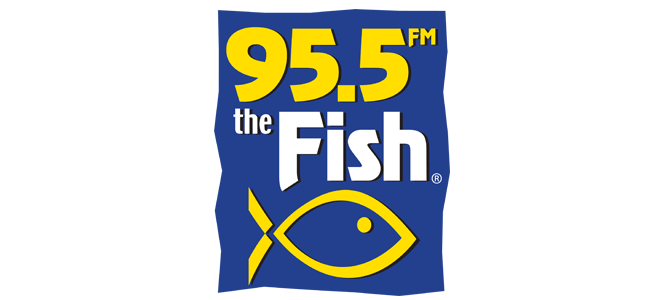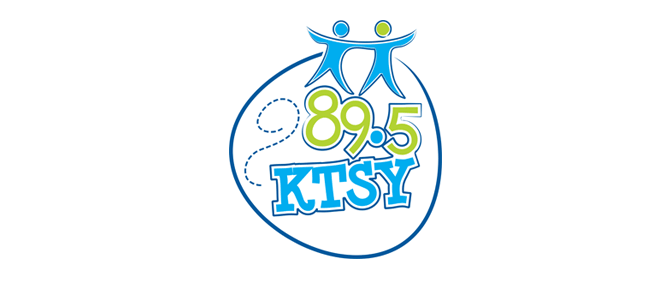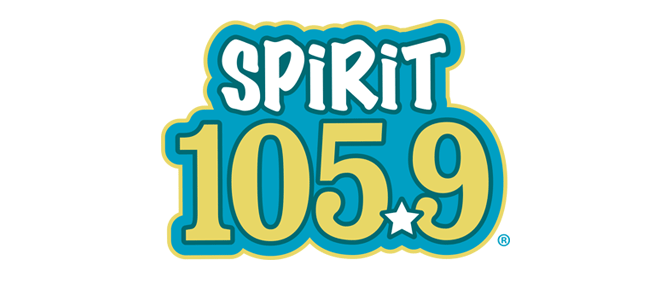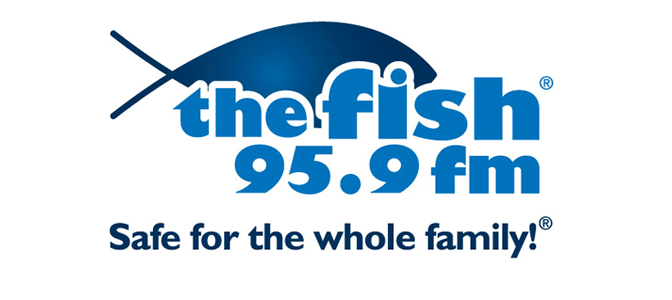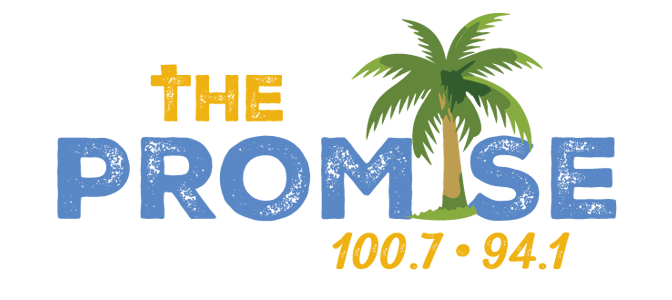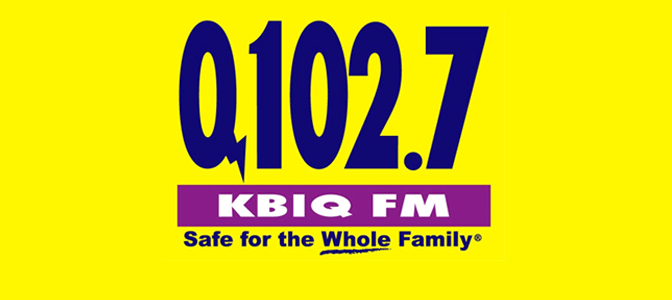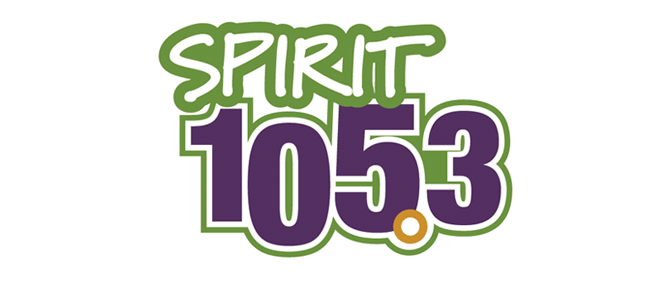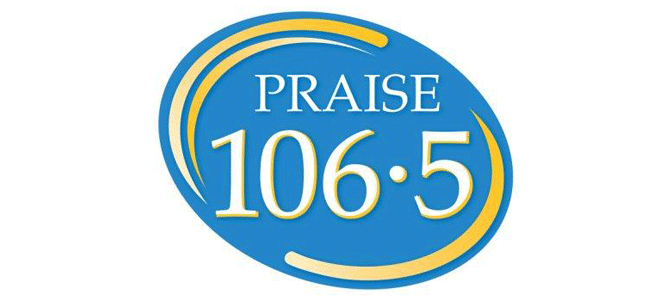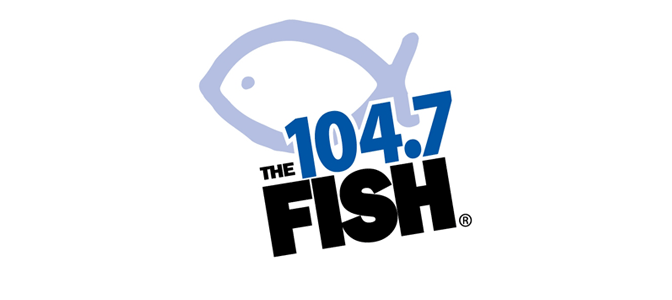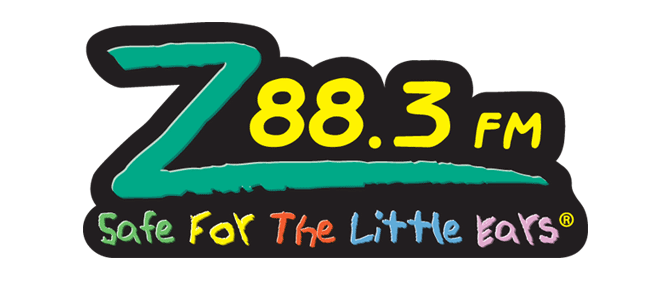Mark Ramsey is one smart dude. See: http://www.markramseymedia.com/
If you’ve worked with him, or even just read or seen some of his stuff, you already know that Mark is always grinding away, looking to the present only as it applies to the future, and helping stations refine what really connects with listeners.
One of his most engaging thoughts is how essential “memorable moments” are to creating fans of your show (and the station). All the best Consultants’ minds have their own takes on this, but as you may have noticed, I focus on EXACTLY HOW things work.
So, if you want to get on the fast track to creating those Memorable Moments, here’s the foundation in coaching terms:
It’s all about Emotion and Opinion. You HAVE to give an opinion to be remembered. And ALL memorable radio comes from an Emotional place. (The same as great books, great plays, great movies, and great music.)
People NOTICE it when something comes from the heart and reveals something about not just what you think, but also what you FEEL.
Here’s a great example, from my friend Norm Hitzges on The Ticket in Dallas:
– – – – – – –
Tommy Kramer
Talent Coach
214-632-3090 (iPhone)
e-mail: coachtommykramer@gmail.com
Member, Texas Radio Hall of Fame
© 2015 by Tommy Kramer. All rights reserved.

